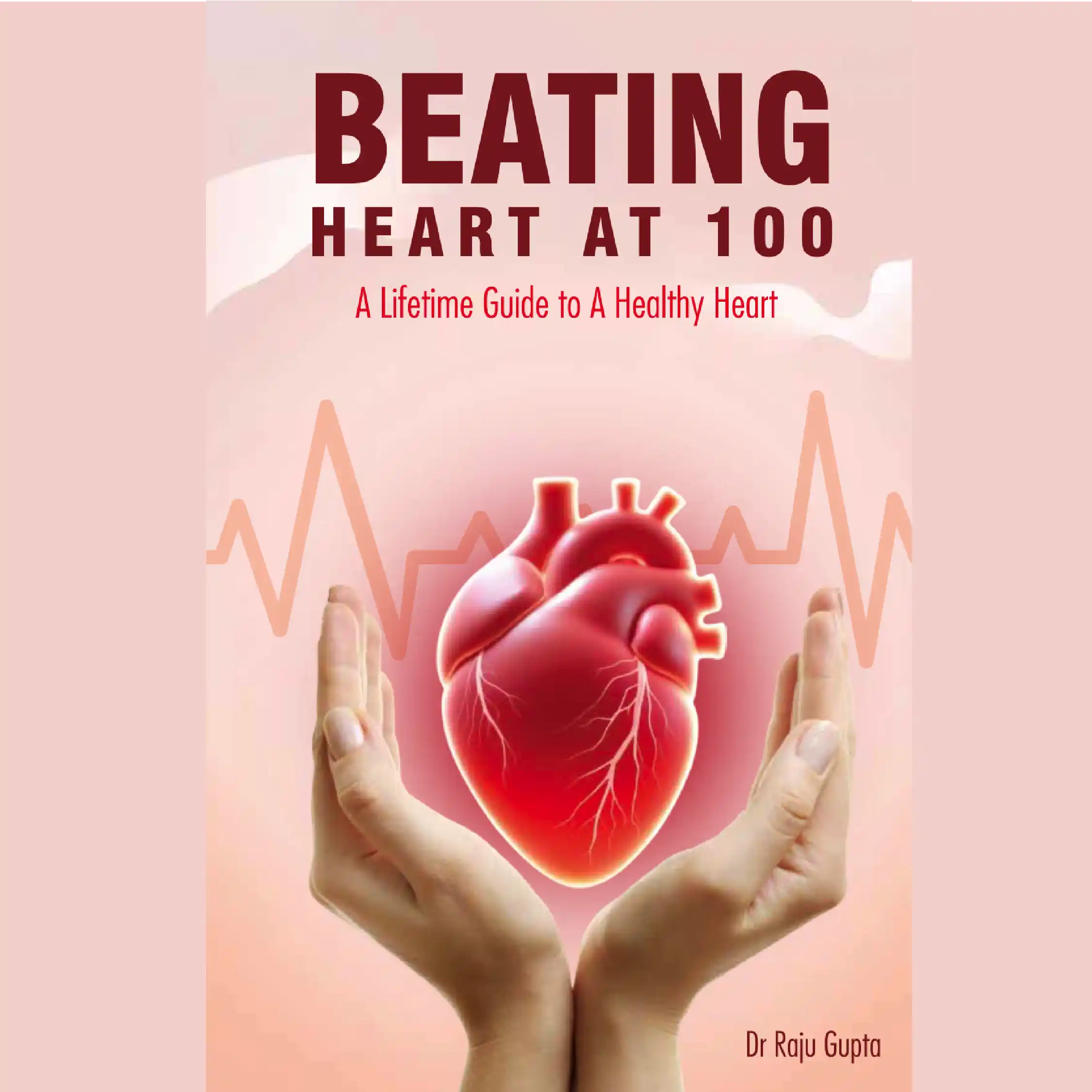The Genetic Fear That Everyone Has
Every Indian family has a story. The uncle who had a heart attack “out of nowhere.” The grandfather who “was perfectly fine” until he wasn’t. The mother who’s “on BP medicine, just like her mom.” These stories create a kind of quiet fatalism — the idea that our hearts are doomed by DNA. So, we end up believing that no matter what we do, the outcome is already written. But the latest science says the opposite. Genes set the stage — lifestyle writes the script. Your DNA determines your predisposition, not your destination.The 30-70 Rule: Genes vs. Lifestyle
Let’s talk numbers — not the cholesterol kind, the truth kind. According to research from The New England Journal of Medicine, only 20–30% of heart disease risk is genetic. The other 70–80% is completely driven by lifestyle, environment, and behavior. That means even if you inherited a risky gene (like high Lp(a) or ApoB), your habits can still determine whether it ever causes trouble. You can’t delete your genes — but you can mute them. And yes, science now proves that lifestyle choices can literally turn certain genes “on” or “off” — a field known as epigenetics. Imagine that: your morning walk, your salad, your laughter, your sleep — all these are quiet conversations you’re having with your DNA, telling it to chill out.The Family Recipe You Shouldn’t Copy
Let’s be honest — in Indian families, we don’t just inherit genes. We inherit eating habits, stress habits, and a deep love for “thoda aur kha lo.” Your grandmother’s metabolism may have handled ghee and laddoos. Yours probably won’t — because she also walked 10,000 steps without a Fitbit just managing daily chores. We’ve inherited the recipes but lost the rhythm. So, when we say “it’s genetic,” half the time, it’s actually cultural. It’s not that your family passes down heart disease — it’s that they pass down Sunday habits. Too much sitting, too little sleep, emotional eating, and a heroic resistance to regular check-ups. These are not genetic — they’re learned. And anything learned can be unlearned.Humor Break: The “Healthy” Family Legacy
We Indians are very proud of our family legacies. Land. Sarees. Silverware. Political opinions. Unfortunately, cholesterol sometimes sneaks into that inheritance list too. “My father had it.” “Yes, mine too.” “Well, then it’s decided — our children will also get it.” No! That’s like saying because your father didn’t have Wi-Fi, you can’t use the internet. We evolve. We adapt. We upgrade. It’s time our health did too.What You Can Actually Control (and How It Rewrites Your Risk)
Let’s get practical. If you’ve got a family history of heart disease, you need to treat it not as a sentence but as a strategy guide. Here’s how to outsmart your genes:1. Get the Right Tests Early
Don’t just rely on total cholesterol. Ask for ApoB and Lp(a) — the real genetic markers of heart risk. If either is high, start preventive steps immediately.2. Track Your Waist, Not Just Weight
Remember: Belly fat is a symptom of metabolic chaos. Your genes don’t decide your waistline — your plate does.3. Eat Like You Mean It
Switch to heart-smart meals:- Replace refined carbs with complex ones (millets, whole grains).
- Use traditional fats wisely — a spoon of ghee is fine, half a bowl isn’t.
- Keep sugar for festivals, not weekdays.



